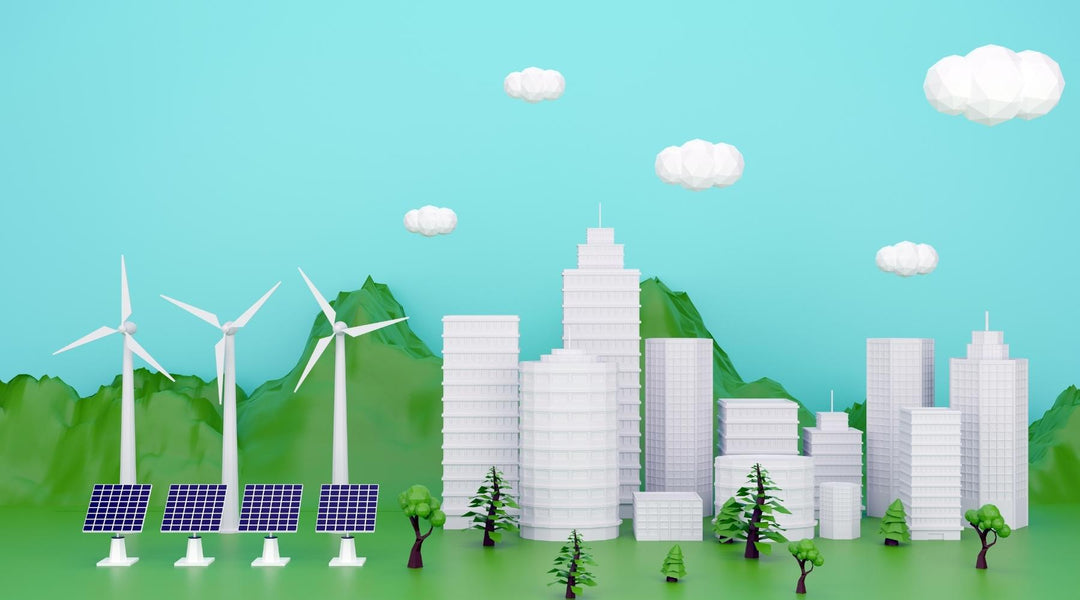Kenya already has an impressive record for developing its infrastructure and power system. According to the World Economic Forum (WEF) Global Competitiveness Report, Kenya has the most competitive economy in East Africa. Although it is still a frontier market, Kenya’s road quality is above average at 61 out of the 140 nations evaluated by the WEF.
Kenya also made considerable progress in providing electricity during the last decade. Power Africa reports that Kenya went from a 26% electrification rate to 46% between 2011 and 2015. WEF statistics show that Kenya reached a 65% electrification rate by 2018. Moving from 26% electrification to 65% in seven years is one of the fastest transitions ever achieved. South Africa took 15 years to make similar progress, and Brazil needed 32.
Room for Growth in Transmission and Distribution Infrastructure
Despite the considerable progress made on improving Kenya’s infrastructure and power network, there are still substantial opportunities for growth. More than 30% of Kenyans did not have access to electricity in 2018. The Kenyan electric grid has expanded rapidly, but long power lines mean low levels of efficiency. The WEF found that nearly 20% of electricity in Kenya was lost during transmission.
Kenya does not face as much water stress as many other nations in Africa, but there is much work to be done in tapping its resources. 35% of the population is still exposed to unsafe drinking water according to the WEF. Some parts of Kenya are semi-arid and lack access to the electrical grid. They would benefit significantly from solar-powered water pumps.
Increasing Demand for Power Infrastructure
More trade is only one of several factors increasing the demand for infrastructure and power in Kenya. A 2017 report by Akamai showed Kenya had the fastest average Internet speed in Africa, and even outperformed Australia. Kenya has the potential to become a regional leader in information services, and computers place additional demands on the electrical grid.
Power Africa anticipated that demand for electricity would double between 2015 and 2020. Increased industrialization is behind part of the growing demand, and better access also stimulates demand for electricity. Power Africa estimated that demand from large industrial projects alone would require an additional 300 to 800 MW. To put that in perspective, Kenya’s total power demand was 1,600 MW in 2015.
Hydro-Power and Geothermal Energy Opportunities are Attractive
Kenya is also a leader in the use of clean and renewable energy resources. According to Power Africa, 70% of Kenya’s power came from renewable sources in 2015. That is far above the global average of 23% renewables reported by the World Bank.
The primary sources of energy in Kenya were hydroelectric at 827 MW, fuel oil at 751 MW, and geothermal at 593 MW. What is more, Kenya has the potential to generate up to 3,000 MW from wind power, according to the United Nations Environment Program (UNEP). In 2015, only 26 MW were generated from wind power in Kenya.
Kenya's Power Sector is Open to Foreign Investment
Kenya’s power sector is not only green and growing, it is also open to foreign investment. Some of the fastest growing economies in Africa, such as Ethiopia, lack Kenya’s well-developed financial markets.
Kenyan power companies KenGen and KPLC are listed on the stock exchange in Nairobi. There are also about a dozen independent power producers that account for 30% of power generation capacity. Finally, public-private partnership opportunities exist throughout Kenya’s infrastructure.
Investing in Kenya’s power sector represents a rare opportunity to profit by helping a developing country industrialize while respecting the environment. Kenya also needs more roads and better water treatment to reach its growth potential over the next several decades. At Ashton Global, we know how to realize the possibilities for higher long-term returns through socially responsible investing.
Please contact us at +1 212 514 8953 or email investor@ashtonglobal.com to learn more.








